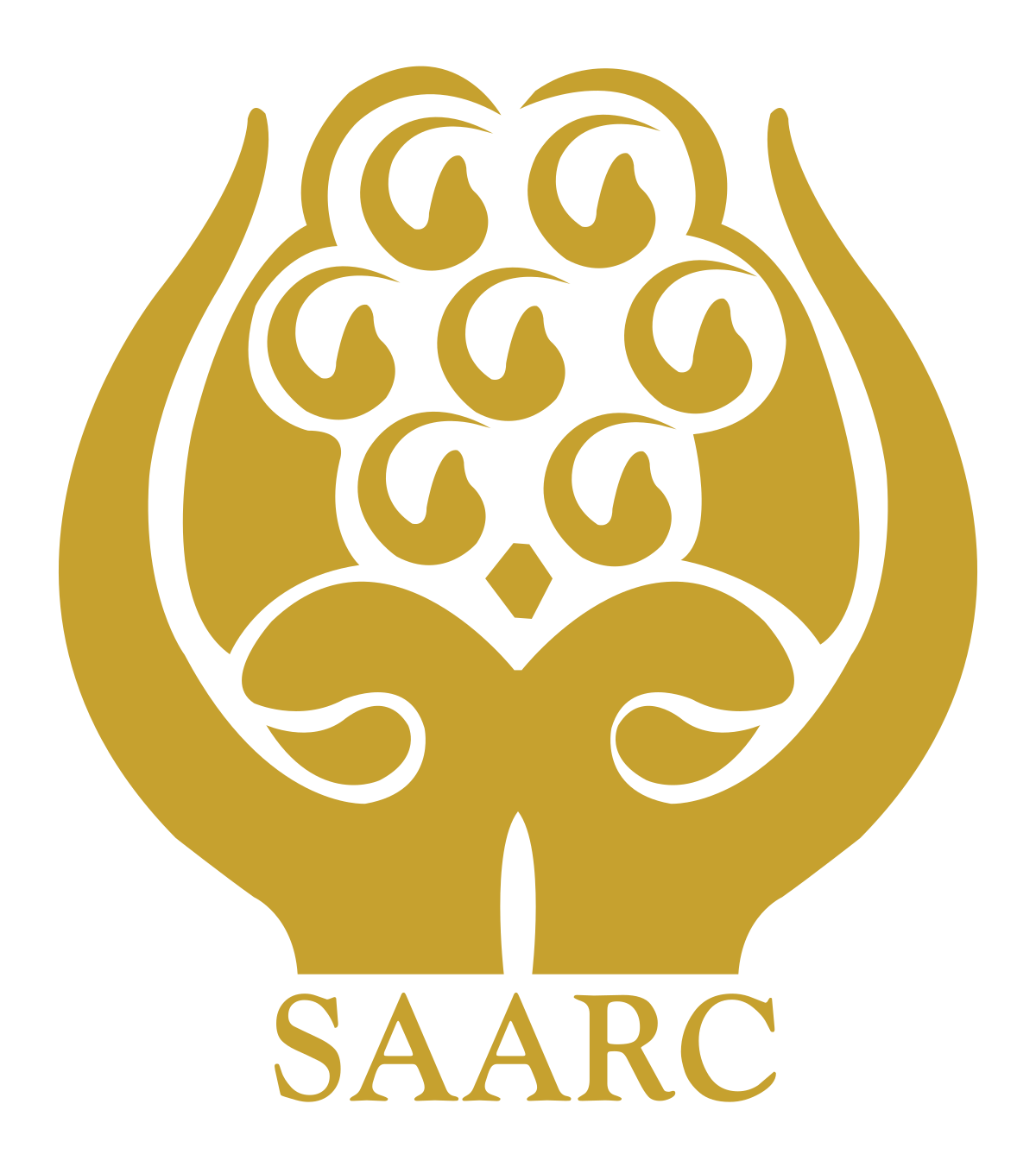Neuroinflammation Research Laboratory
Research Interest

Our lab’s interest lies primarily in the area of inflammation with specific interests on the role of adenosine triphosphate (ATP) in its modulation. We have proposed the “two-hit hypothesis for inflammation“ wherein a variety of insults such as bacterial infections, protein aggregations in neurodegenerative diseases, or cellular injury/ischemia serve as the first hit leading to the activation of innate immune cells such as macrophages or microglia leading to the production of prostaglandin E2 from the enzyme cyclooxygenase 2 (COX-2). However, the first hit also mediates cell death in the vicinity leading to the release of contents of the dying cell into the extracellular milieu, of which ATP is prominent. This extracellular ATP (eATP), through purinergic (P2) receptors, serves as the second hit, leading to further increase in the levels of COX-2, transcriptionally as well as through post-transcriptional mechanisms, leading to enhancement of inflammation (Fiebich et al., 2014, Frontiers in Cellular Neuroscience 8:260). Sustained activation of the P2 receptors also interferes with the resolution of inflammation and contributes to the chronicity of inflammation. Our lab has identified the P2 receptor-COX-2 axis in the enhancement of systemic inflammation (Akter et al., 2021, Journal of Leukocyte Biology 110:663) and also identified its role in imparting migration/invasion properties to various cancer cells (Sharma et al., 2021, Frontiers in Pharmacology 11:617211).
Overall, our lab is working on these broad areas of study:
- Modulation of microglial COX-2 in bacterial encephalitis and neurodegeneration by ATP
- P2 receptor-dependent regulation of tumor metastasis in various cancers
- Post-transcriptional mechanisms regulating COX-2 mRNA stability and packaging in EVs
Current Lab members

Ph.D. student
msharmasrcasw@gmail.com
Project title: Modulation of prostaglandin E2 (PGE2)-mediated inflammation by exogenous ATP in the rodent brain

Ph.D. student
khagendragimiray@gmail.com
Project title: Investigation of the molecular modulators of COX-2 in chronic inflammation

Ph.D. student
mdmostafizurrahman028@gmail.com
Project title: Extracellular modulators of cyclooxygenase 2 (COX-2)-mediated inflammation in innate immune cells
Alumni

Postdoctoral Fellow (2020-22)
SERB-NPDF awardee
Project title: Investigating the role of insulin receptor signalling in neuroprotection against poly(Q) disorders

Ph.D. student (2013-19)
Postdoctoral researcher (2021-Present)
Byrd Alzheimer's Center and Research Institute, University of South Florida, Tampa
Assistant Professor (2019-21)
Center for Advanced Material Research, Zhongyuan University of Technology, Zhengzhou, China

Ph.D. student (2014-20)
Research Fellow (2022-Present)
Wake Forest School of Medicine, Winston-Salem, NC
CNRS Postdoctoral Researcher (2020-22)
University of Rennes, France

Ph.D. student (2015-22)
Project title: Investigating the role of P2 receptors in modulating inflammation via COX-2 in chronic stress and cancer
We had several talented students joining the lab for their M.Sc. dissertation work and then went for Ph.D. to prestigious places throughout the world such as AIIMS (Pawan Tiwari, Simran Lakhina), JNU (Anjali Chauhan, Ayushi Chhabra), ICGEB (Yadya Chawla), Indian Institute of Science (Ashika Dhimal, Niranjan Kumar), Institute of Liver and Biliary Sciences (Nidhi Nautiyal, Pinky Juneja), IISER-Pune (Shivang Goswami), National Institute of Immunology (Gagan Dev), Ohio State University (Anuvrat Sircar), Rosalind Franklin University-Chicago (Babita Thadari), University of Bonn (Pallavi Pant) and University of Nebraska (Ashish Das).
Lab activities:
-

- The lab when it started in 2013 with M.Sc. students Shamima Akter, Anjali Chauhan and Shoyab Ansari. All three are now doing postdoc at University of South Florida, University of Florida and UT Southwestern, respectively.
-

- The lab in 2022 at the Akbar Bhawan campus. Ashika (rightmost) is currently pursuing Ph.D. at the Center for Ecological Sciences, IISc-Bengaluru
-

- Prakriti Kandel, Rahnuma Farheen and Shovan Kundu – 2023 batch M.Sc. students joining the lab for their dissertation work
-

- Farewell lunch for Manisha Singh (currently pursuing Ph.D. at RCB, Faridabad), Pawan Tiwari (Assistant Professor, Jaunpur, U.P.) and Anuvrat Sircar (Ohio State University, Columbus)
-

- Visit to Shizuoka University, Japan, where Shamima Akter and Niranjan Kumar presented their work (2015)



